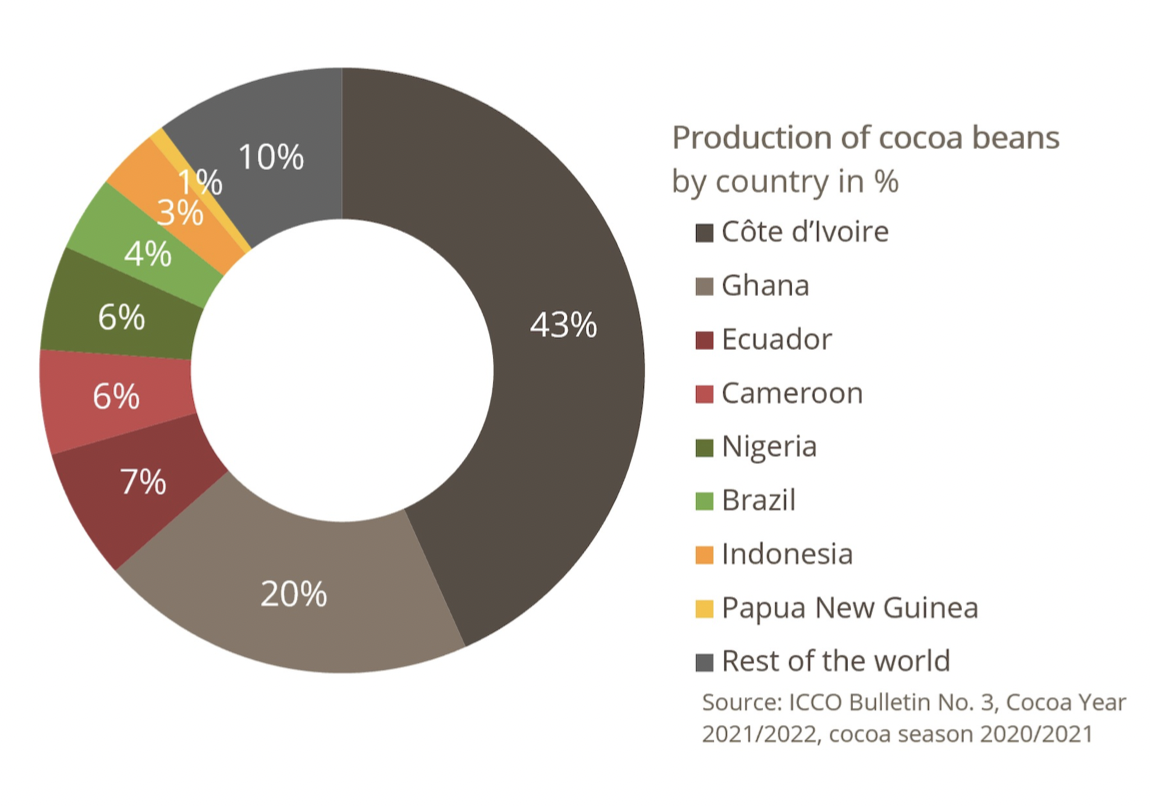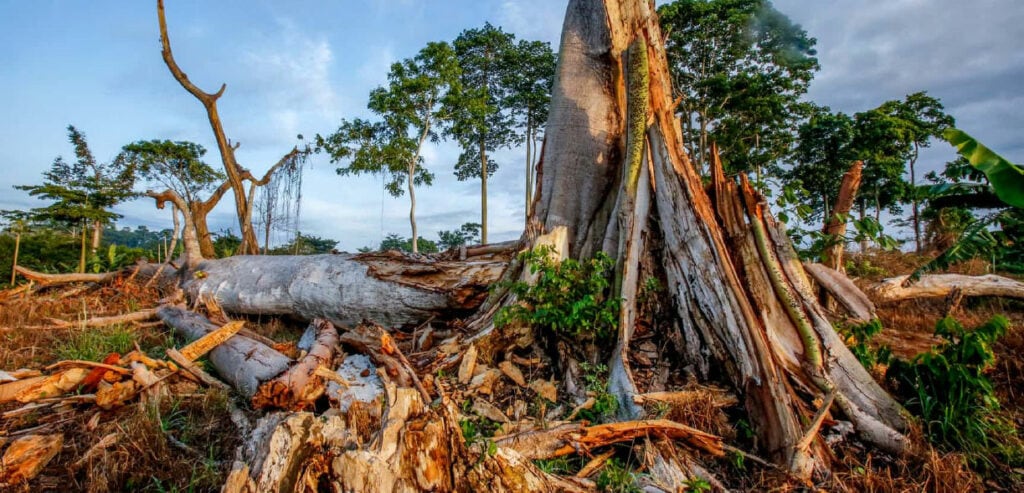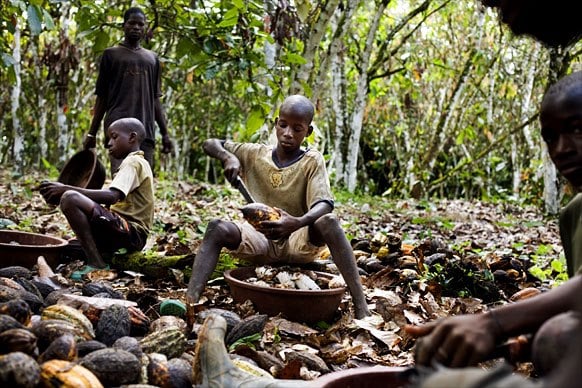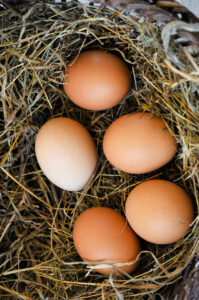The cocoa market is doing well...
According to the World Population Review, "the United States is one of the top 10 chocolate-consuming countries in the world, with the average person consuming approximately 4.5 kg of chocolate every year. This is approximately 10 pounds of chocolate per year per person."
Also, the United States imports are averaging more than 5 billions of dollars, according to the USDA.

...but with serious consequences
Cocoa production exacerbates poverty among farmers in some countries. Ivory Coast and Ghana now account for more than 60% of the world's cocoa production. Faced with ever-increasing demands from multinationals and growing pressure, illegal cocoa plantations are multiplying in these countries, where labor is almost free.

Farmers are not paid enough for their cocoa, as they barely receive the farm-gate price. Most of them earn less than $1 a day. The poverty in which they are trapped leads straight to forced and illegal child labor and modern slavery.
Real and dramatic problems
Cocoa production causes real problems:
- It takes no less than 27,000 liters of water to produce 1 kg of cocoa beans.
- In an article called "Cocoa planting is destroying protected forests in west Africa, study finds", The Guardian says: "it found cocoa production was linked to 360,000 of a total 962,000 hectares (37.4%) of the deforestation since 2000 of protected areas in Ivory Coast, and 26,000 out of a total 193,000 hectares (13.5%) of the deforestation of similar areas in Ghana".
- Over decades, the number of elephants in Ivory Coast has decreased from 1100 to 360, due to deforestation. They can't live in their natural habitat and are at the mercy of poachers.

Cheap labor: children
Faced with low cocoa prices on the market, spending money on labor was out of the question... In Ivory Coast, children are trafficked: forcibly recruited from neighboring countries such as Burkina Faso, they work on the plantations. It's the mafia that provides this (almost) free labor force, which can be bent at will and cannot rebel. 2.3 million children work (almost illegal) on the 2.5 million cocoa farms in Ghana and Ivory Coast.
Their working conditions are often extremely dangerous, involving the use of large machetes, heavy lifting and exposure to pesticides and chemicals. Most of the time, their parents can't afford to visit or call them, and lose control of the situation.

So which chocolates should you buy?
The ones with labels
Some certifications ensure that cocoa is sourced ethically. You can look for Fair Trade, Rainforest Alliance or UTZ on chocolate packagings.
Chocolates from ethical brands
This post is not sponsored at all and in any way!
Many brands have made ethics their fight and are known for their ethical sourcing and fair-labor practices, such as:
- Theo Chocolate, known for its organic and fair trade practices. They source their cocoa beans directly from farmers and are committed to sustainability.
- Tony's Chocolonely, a brand founded in Amsterdam and whose mission is to make "all chocolate worldwide 100% free from exploitation". All chocolate bars are made from Belgian fair trade chocolate and are palm oil free.
- Alter Eco, committed to fair trade and organic practices. They source their cocoa from small-scale farmers and empowers them by encouraging the adoption of regenerative farming methods to fight climate change.
- Endangered Species Chocolate, committed to using ethically sourced and sustainably grown cocoa. They also donate 10% of their profits to wildlife conservation.
- Divine Chocolate, a fair trade company that is partly owned by cocoa farmers. They prioritize fair wages, ethical practices throughout their supply chain and they strive for gender equality and female empowerment in the cocoa industry. They also provide mentorship programs, financial support and education to women farmers in Ghana and São Tomé.
- Chocolove: while not explicitly labeled as fair trade, Chocolove is known for sourcing high-quality ingredients and supporting sustainable and ethical practices. Their products carry a lot of labels, including Fairtrade, Rainforest Alliance, USDA Organic World Cocoa Foundation and Growing Great Chocolate.
- Equal Exchange, a worker-owned cooperative that emphasize building long-term relationships with farmers. They promote foods that are fairly traded, sold by the case, sustainably grown by small farmer co-ops and an alternative to the corporate supply chain.
- Green & Black's Organic, a brand known for its organic and fair trade chocolate. They prioritize high-quality ingredients and ethical sourcing.
If you're interested
- A short video, posted on Tony's Chocolonely YouTube channel, entitled "Former child slaves witnessing for Teun in 2004" (English subtitles available), in which former child slaves testify.
- "Bitter Chocolate": an episode of the Netlifx series Rotten, season 2 episode 5.
This article serves exclusively for informational purposes and is not intended, nor should it be considered, a substitute for professional medical advice, diagnosis, or treatment. It is strongly advised that individuals consult with their healthcare provider for personalized guidance and recommendations.




Répondre